IPÊ completes 30 years dedicated to Brazilian biodiversity and sustainable development
::cck::983::/cck::
::introtext::
 The history of IPÊ is closely linked to the history of conservation of the black-lion-tamarin (Leontopithecus chrysopygus), a species that is a symbol of the state of São Paulo and that only exists in its west. It was there that the institute began its first scientific research project to save the species form extinction, still in the late 1980s, and expanded its complementary studies for the sustainable development of the region, with reforestation, environmental education and income for the population. Leading this movement were Claudio and Suzana Padua (pictured), who together with students and young professionals, officially founded the institute in 1992.
The history of IPÊ is closely linked to the history of conservation of the black-lion-tamarin (Leontopithecus chrysopygus), a species that is a symbol of the state of São Paulo and that only exists in its west. It was there that the institute began its first scientific research project to save the species form extinction, still in the late 1980s, and expanded its complementary studies for the sustainable development of the region, with reforestation, environmental education and income for the population. Leading this movement were Claudio and Suzana Padua (pictured), who together with students and young professionals, officially founded the institute in 1992.
The institute, which started with less than 10 researchers, currently has 30 projects/year carried out by around 100 professionals in four biomes. As a Brazilian non-governmental organization to complete three decades is full of meanings, and, even in the face of many challenges, the IPÊ reinforces the principles and values that guide all actions since the beginning. All IPÊ studies are carried out in the field, in search of solutions to the challenges of society, especially rural producers, traditional and indigenous communities, with benefits that go beyond the limits of the territories in which we operate.
For the institute, form the beginning, it was evident that, in order to preserve biodiversity it was necessary to mobilize communities, students, local leaders, public authorities and arouse the interest of potential supporters and founders. In this direction, IPÊ established a model that has in Environmental Education and in the formation of partnerships, allies of scientific research of practical application. Every year, IPÊ benefits 12,000 people directly with our actions in the Atlantic Forest, at the Cerrado, Pantanal and the Amazon.
We work in a network
We are very proud of our network, after all we do nothing alone. Donors, funders, supporters, advisors, peer institutions and communities have always been and are fundamental in this process that involves growth, evolution and results. The partnership in the history of IPÊ – with public agencies, universities, the third sector and the private sector – is a central issue for gaining scale with results that benefit everyone, after all, we share only one planet with biodiversity.
With the private initiative, we have around 20 partnerships. In 18 years, we launched together with Havaianas, seventeen collections for adults and four for children, which value Brazilian biodiversity. So far, 57 species of Brazilian fauna have been collected. Initiatives like this reinforce our actions and take the message of how strategic it is to conserve our biodiversity to an ever-widening audience.
Our trajectory and next steps
As a way of contributing to the gain in scale that actions in the sustainable area in Brazil and abroad, IPÊ created ESCAS – School of Environmental Conservation and Sustainability with short courses, of postgraduate and professional master’s degrees (concept 4, CAPES, 4-5). It was the first NGO to have a master’s degree in the biodiversity conservation area, in 2008. More than 7,000 professionals have already graduated from ESCAS courses.
The 50 national and international awards won by the researchers and the institute – among them the Whitley Gold Award (2020,2015,2008), Social Entrepreneur Folha SP and Schwab Foundation (2009), UBS Visionaris Global (2019), Ford Awards (2009), Best NGOs to Donate to (2017) – reinforce that we are on the way.
Next steps
In view of the results obtained so far, we have expanded our goal, check out the results we hope to achieve in 5 years: 20 thousand people directly benefited/year, reach 9 thousand professionals trained by ESCAS, benefit 380 families/year, train 300 masters.
Our main goals are also to remove all the species with which we work directly from the red list of endangered species or improve their classification on this list. Furthermore, in 30 years, we want to reach the mark of 150 million trees planted.
Restoration of forests, protection of water courses, conservation of species and sustainable development are all measures that add to efforts to combat climate changes and contribute to the balance of the planet, which became even more evident in the context of the Covid-19 pandemic.
::/introtext::
::fulltext::::/fulltext::

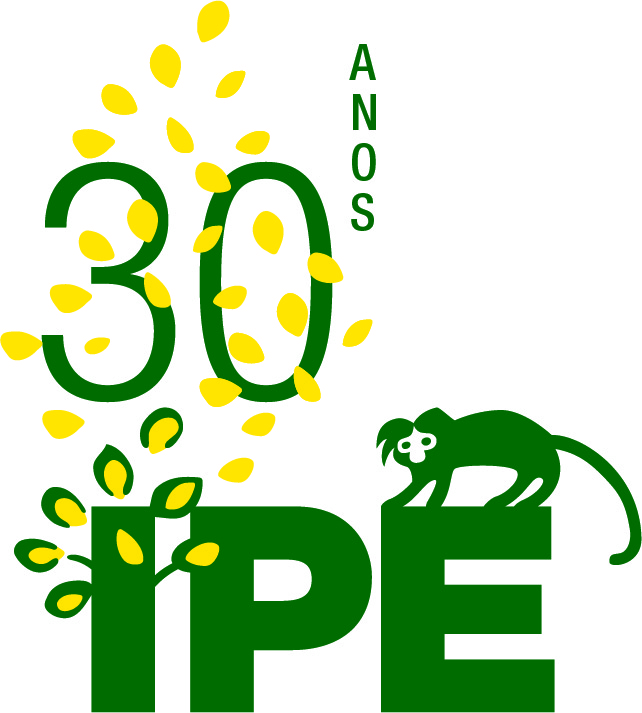
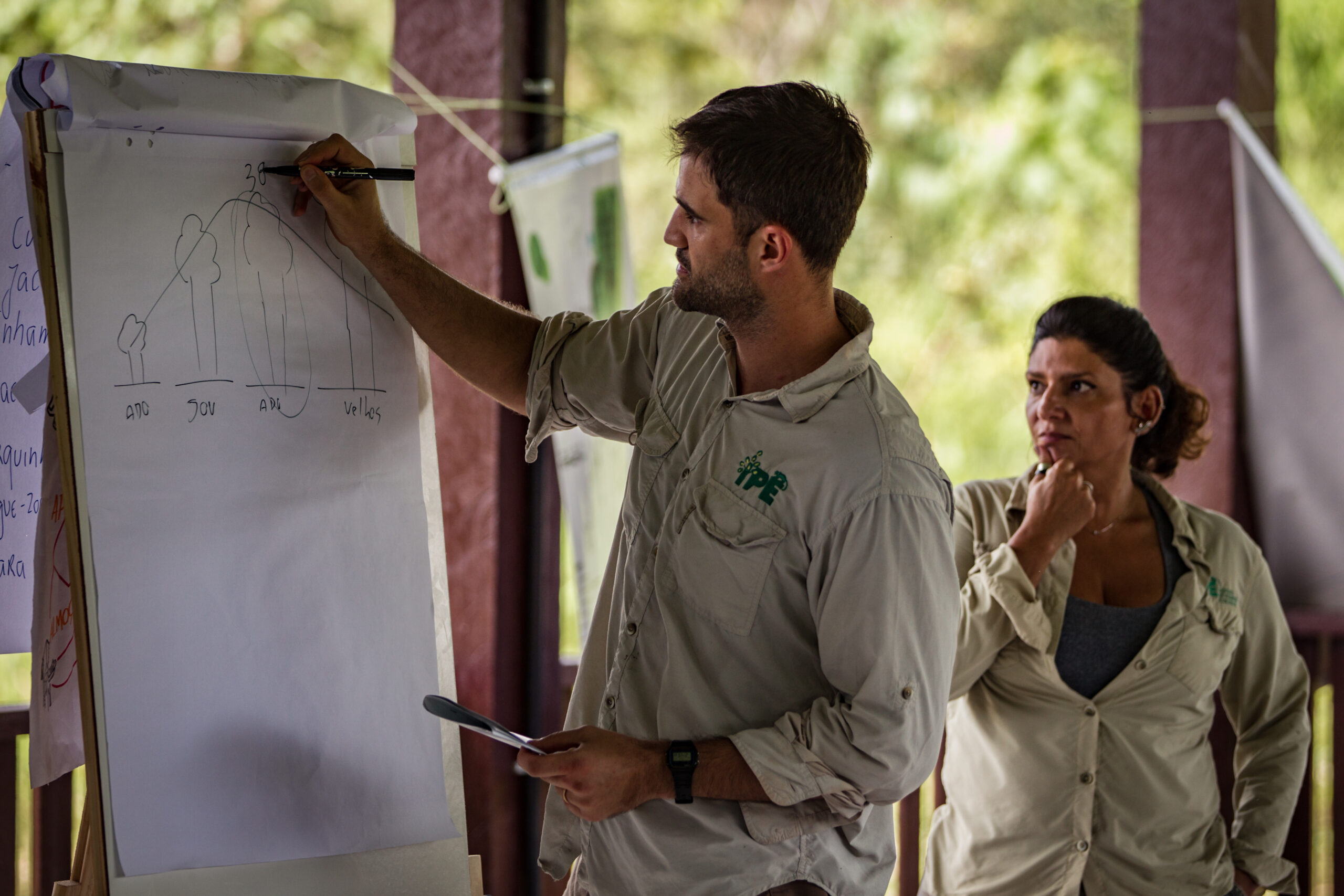


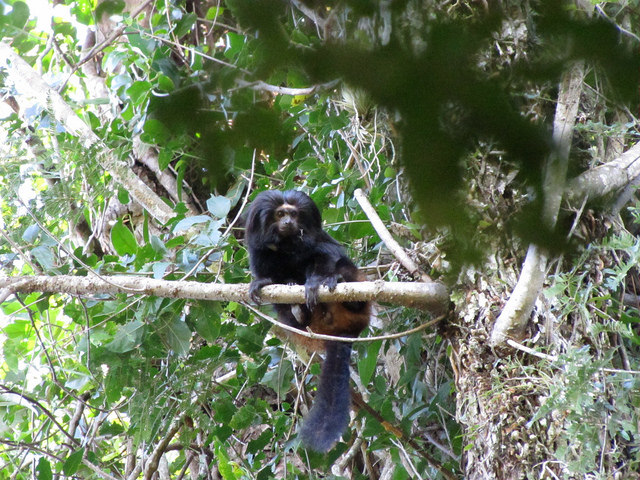
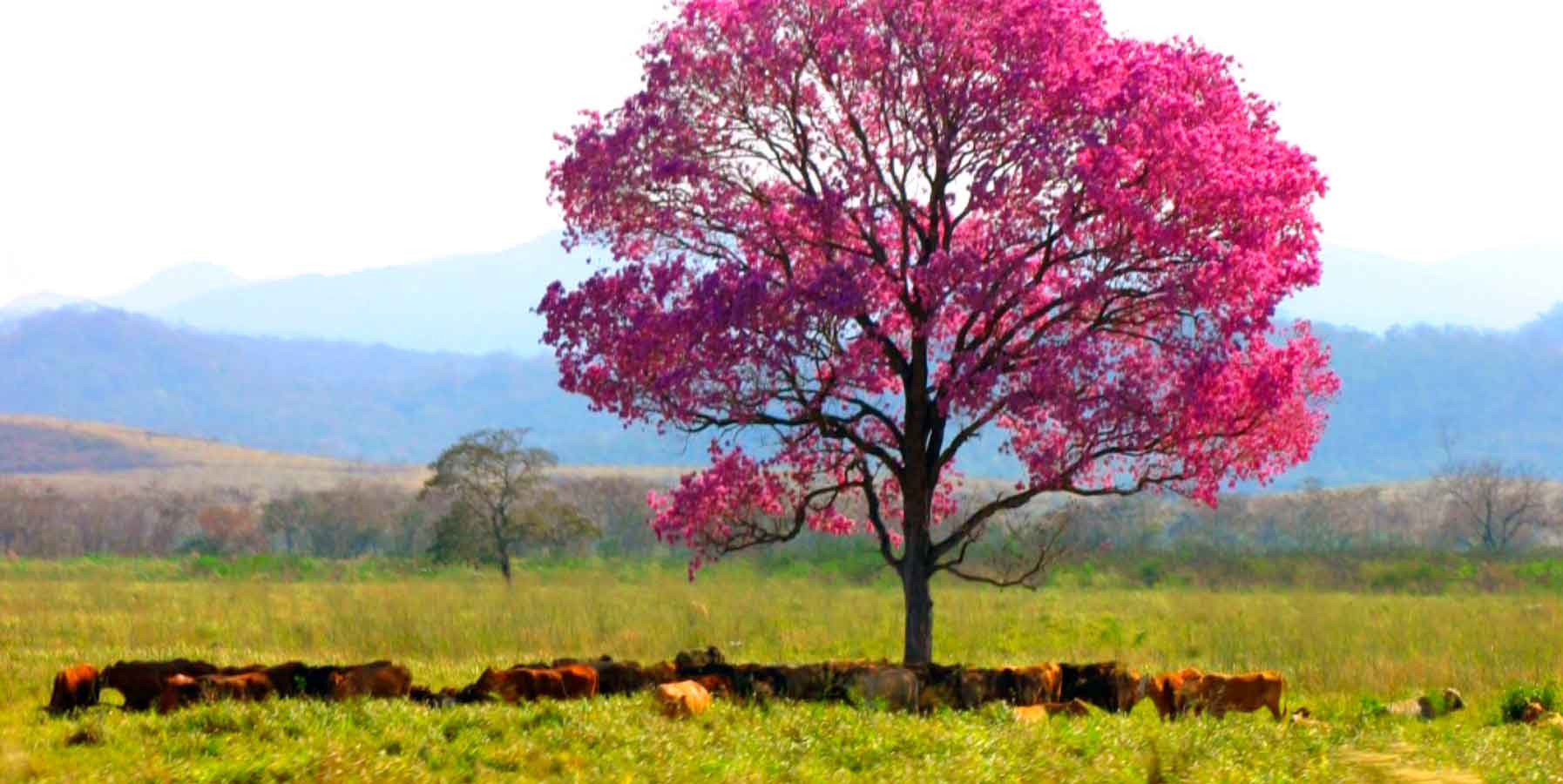
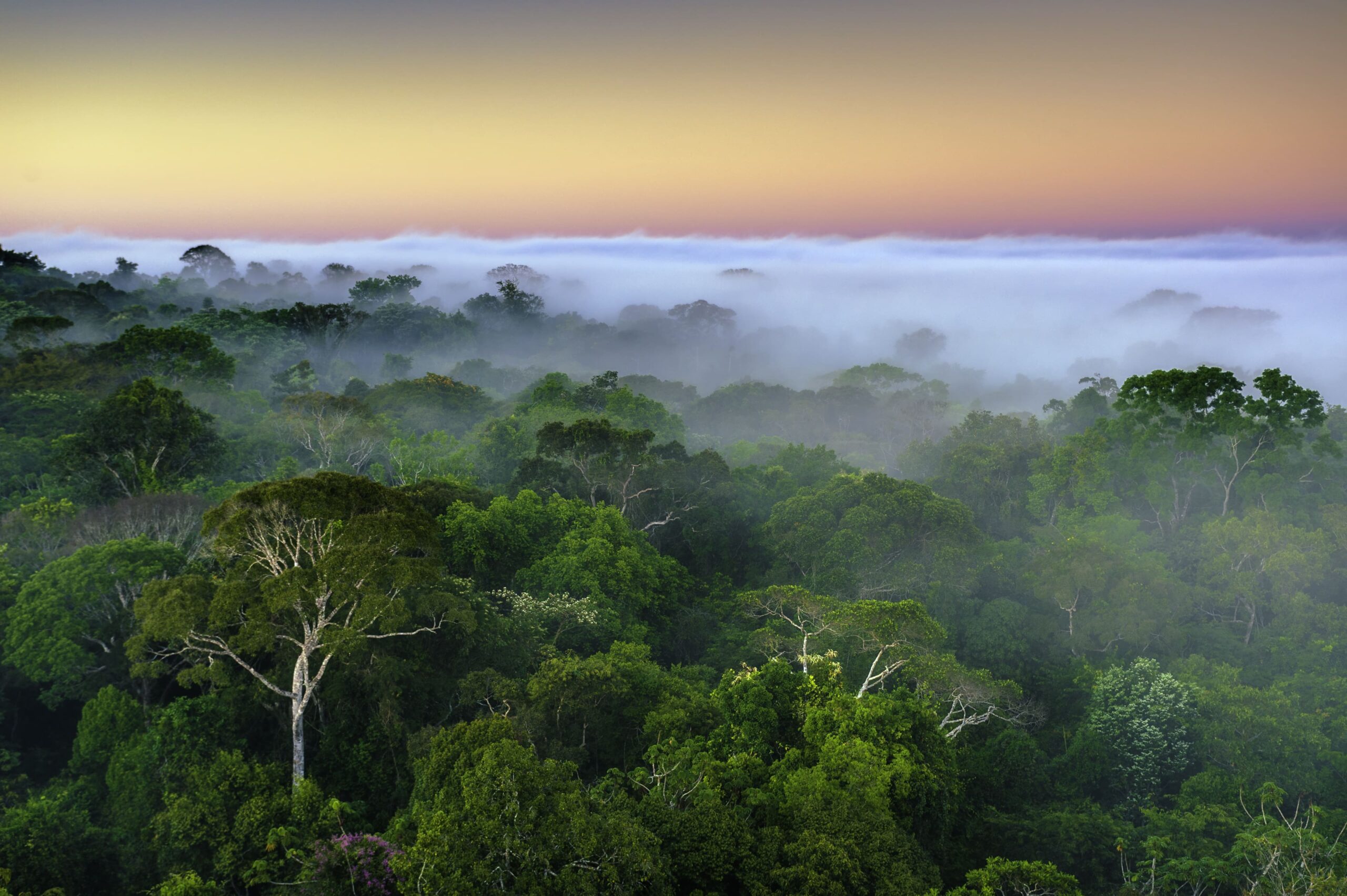
 Craftsman Célio Arago (pictured left), for example, is among those benefited by IPÊ. Workshops, the courses and exchanges contributed to the further development of his skills as an artisan, a craft he learned from his father. From the Nova Esperança community, Célio’s pieces won the world and were nominated for awards. After the project, Célio today shares what he learned with the young people.
Craftsman Célio Arago (pictured left), for example, is among those benefited by IPÊ. Workshops, the courses and exchanges contributed to the further development of his skills as an artisan, a craft he learned from his father. From the Nova Esperança community, Célio’s pieces won the world and were nominated for awards. After the project, Célio today shares what he learned with the young people.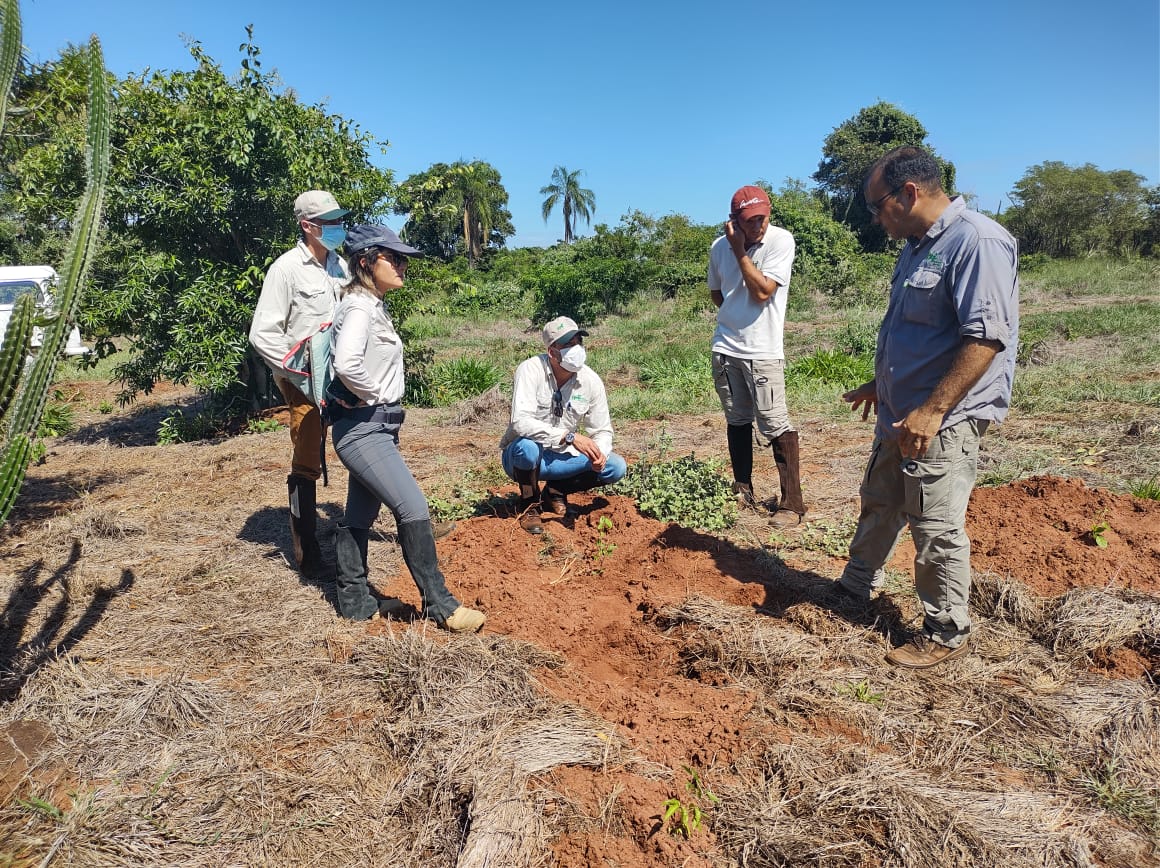
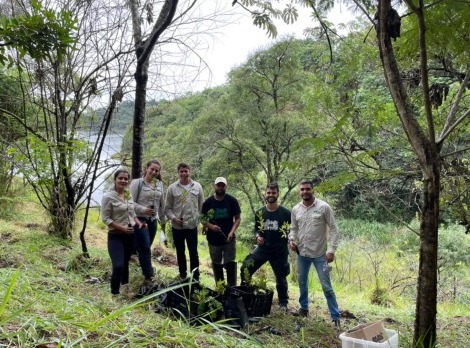
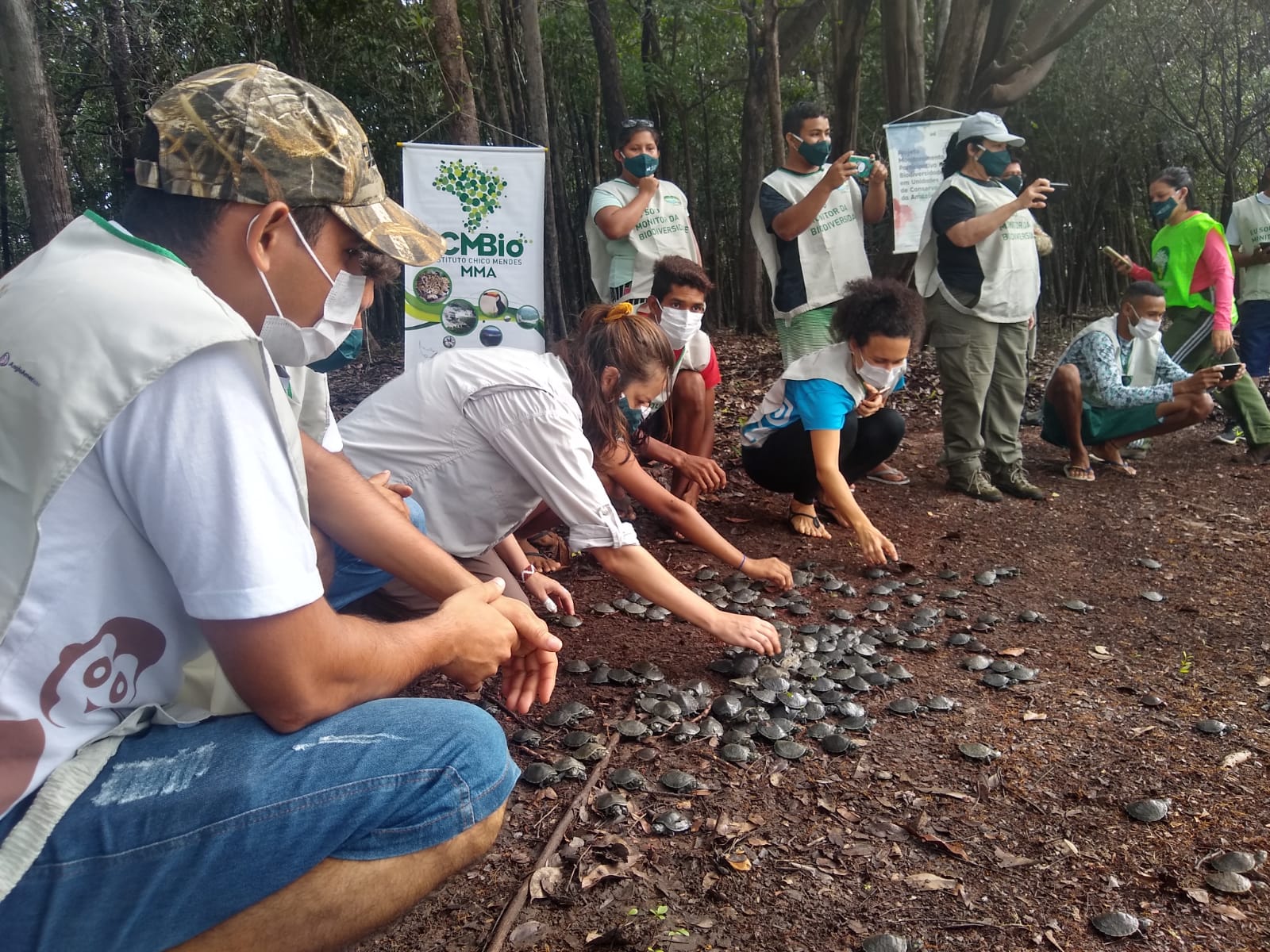


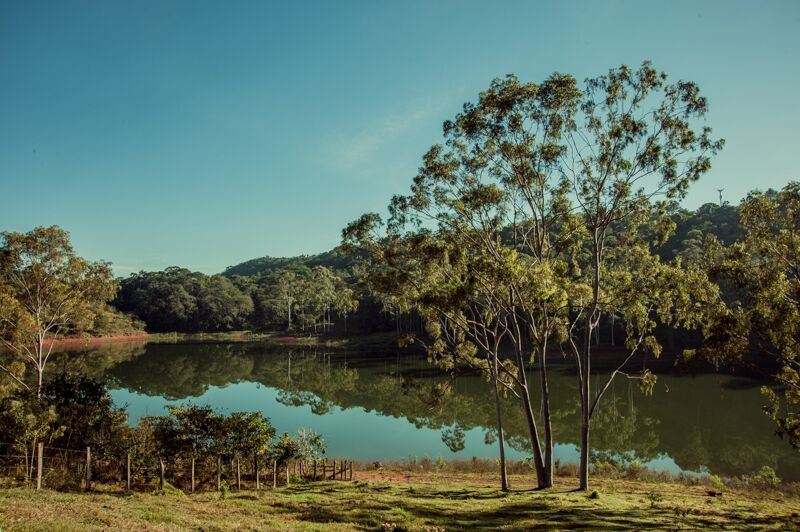
 A
A  Atuamos em rede
Atuamos em rede